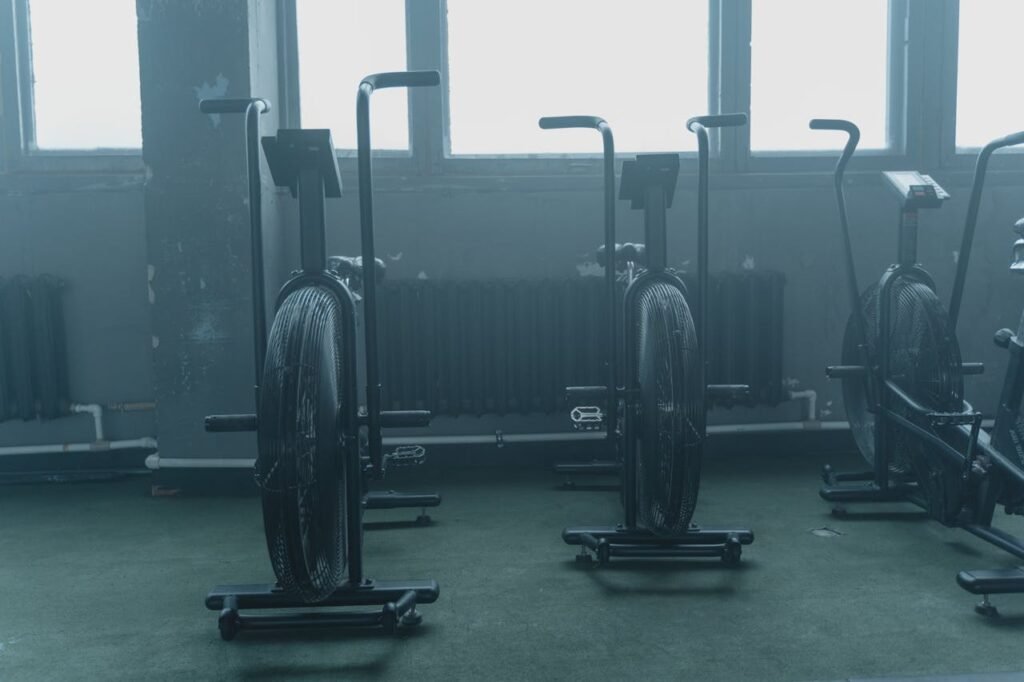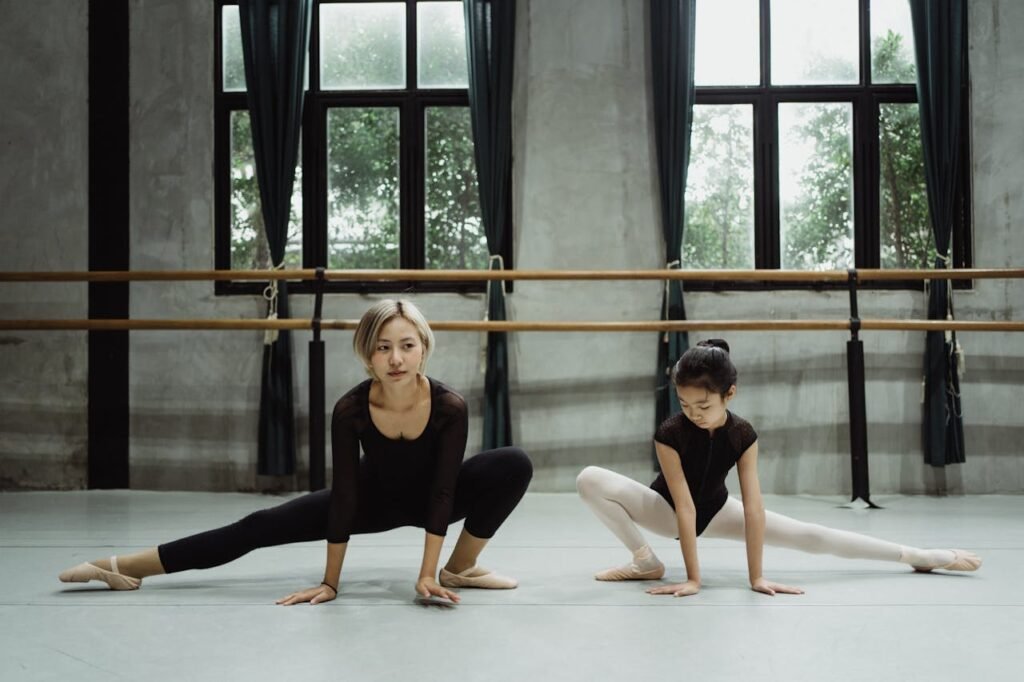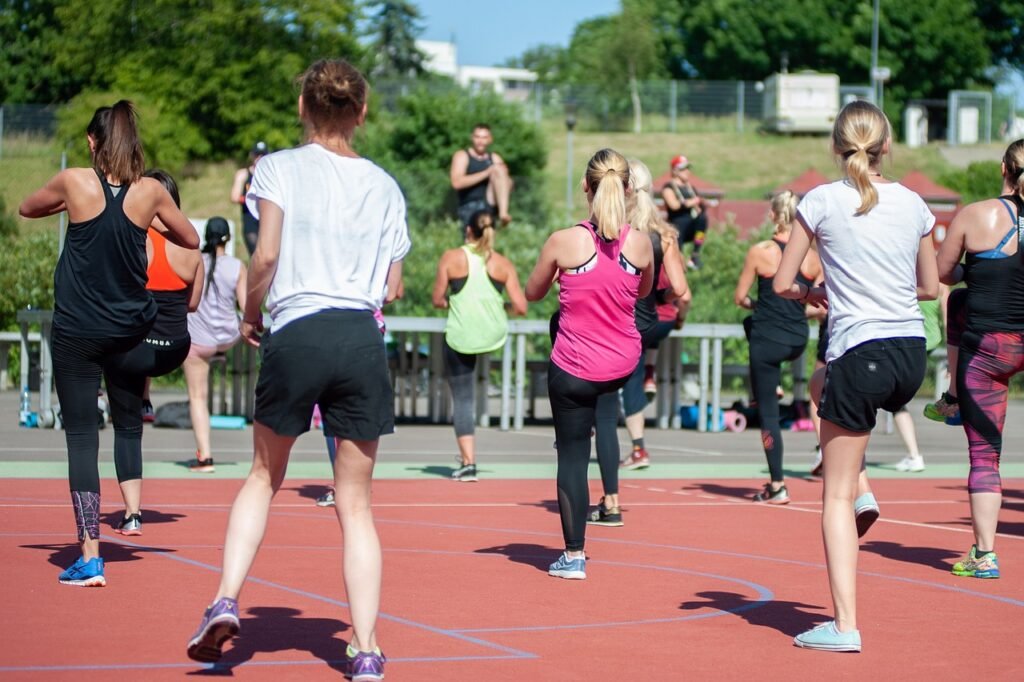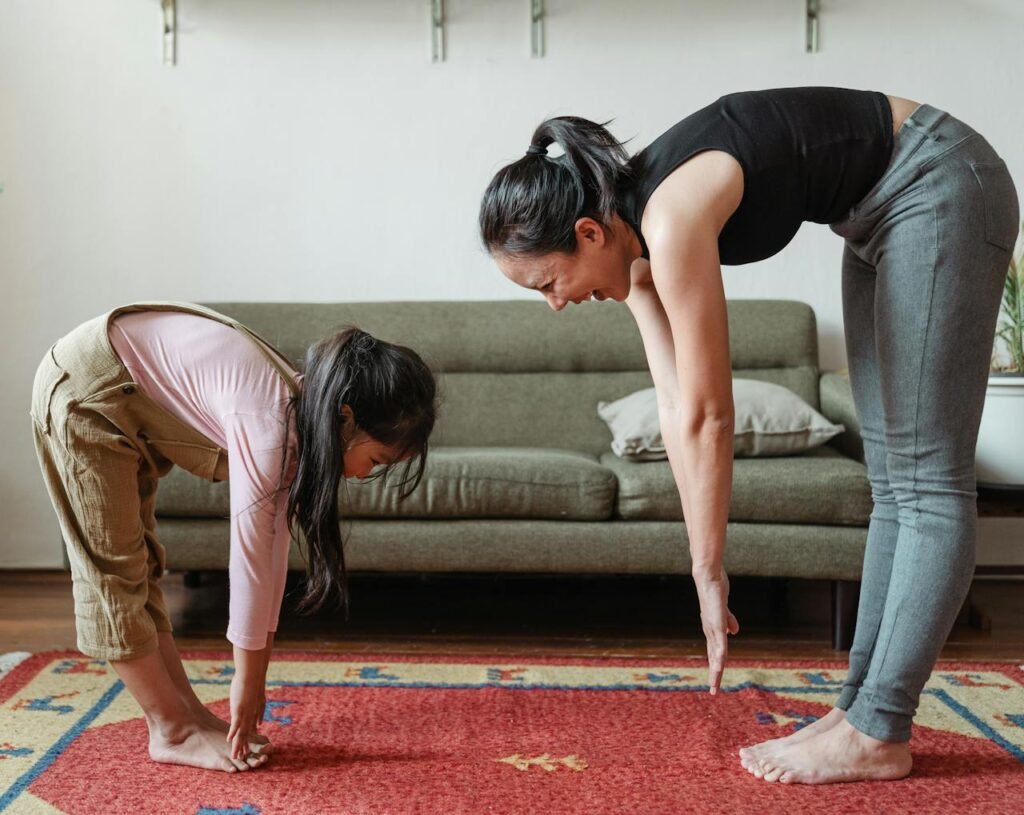Table of Contents

Introduction:

Starting a fitness journey can feel overwhelming, especially for beginners who are unsure where to begin. A well-structured workout plan is crucial for building a strong foundation, ensuring progress, and avoiding injuries. One of the most effective approaches for beginners is a full-body workout plan, which targets all major muscle groups in a single session. This article will guide you through creating and following a beginner workout plan, emphasizing the benefits of full-body workouts and providing a step-by-step guide to kickstart your fitness journey.
Understanding the Basics:
What is a Beginner Workout Plan?

A beginner workout plan is designed specifically for individuals who are new to exercise or returning after a long break. The primary goal is to introduce your body to physical activity in a gradual and sustainable way. This plan typically includes exercises that are easy to learn, require minimal equipment, and can be performed safely. By following a beginner workout plan, you can develop essential fitness skills, improve your strength and endurance, and build the confidence needed to progress to more advanced routines.
Why Full-Body Workouts?
Full-body workouts are an excellent choice for beginners because they engage multiple muscle groups simultaneously. Unlike split routines, which focus on specific body parts, full-body workouts provide a balanced approach to fitness. They help improve overall strength, enhance coordination, and increase calorie burn. Moreover, full-body workouts are time-efficient, making them ideal for beginners who may have limited time to dedicate to exercise.
The Benefits of a Beginner Workout Plan:
Physical Health Benefits

One of the most immediate benefits of starting a beginner workout plan is the improvement in physical health. Regular exercise helps to increase muscle strength, enhance endurance, and boost cardiovascular health. Full-body workouts, in particular, are effective for beginners because they provide a comprehensive approach to fitness. By working multiple muscle groups at once, you can develop balanced strength and avoid muscle imbalances, which are common in beginners who focus on specific areas of the body.
Additionally, regular exercise has been proven to lower the risk of chronic diseases such as heart disease, diabetes, and obesity. For beginners, incorporating a workout routine into daily life can lead to significant improvements in overall health, including better circulation, reduced blood pressure, and improved metabolic function. This not only helps you feel better physically but also lays the foundation for a healthier lifestyle in the long term.
Mental Health Benefits

Exercise is not just about physical health; it also has profound effects on mental well-being. Starting a beginner workout plan can help reduce stress, anxiety, and depression. When you exercise, your body releases endorphins, which are natural mood boosters. These chemicals help to reduce the perception of pain and trigger positive feelings in the body, often referred to as a “runner’s high.”
For beginners, the mental health benefits of exercise can be especially significant. As you progress through your workout plan, you’ll likely notice an improvement in your mood, increased self-confidence, and better stress management. Regular exercise can also improve sleep quality, which is crucial for overall well-being.
Long-Term Fitness Foundation

One of the most important aspects of a beginner workout plan is that it sets the stage for long-term fitness success. By starting with basic exercises and gradually increasing intensity, you build a strong foundation that will support more advanced training in the future. This gradual progression helps to prevent injuries, which are common when beginners attempt too much too soon.
A well-structured beginner workout plan also helps you establish healthy habits that will last a lifetime. By committing to regular exercise, you learn to prioritize your health and well-being, making it easier to stay active as you age. Over time, the skills and knowledge you gain from your beginner workout plan will enable you to explore new types of exercise, such as strength training, HIIT, or yoga, keeping your fitness routine fresh and exciting.
Creating Your Beginner Workout Plan:
Setting Realistic Goals

Before diving into any workout plan, it’s essential to set realistic goals. These goals will serve as your roadmap, keeping you focused and motivated. Start by asking yourself what you want to achieve with your fitness journey. Are you looking to lose weight, build strength, improve flexibility, or boost your overall health? Your goals should be specific, measurable, attainable, relevant, and time-bound (SMART).
For example, instead of setting a vague goal like “get fit,” try setting a specific goal such as “lose 10 pounds in three months” or “complete a 5K run in six weeks.” These goals give you a clear target to work towards and allow you to track your progress over time.
Choosing the Right Exercises

When creating a beginner workout plan, selecting the right exercises is crucial. Full-body workouts are ideal because they engage multiple muscle groups and provide a balanced approach to fitness. Here are some beginner-friendly exercises to include in your plan:
- Squats: Squats are a fundamental exercise that targets the legs, glutes, and core. They help improve lower body strength and stability.
- Push-Ups: Push-ups are a classic upper-body exercise that works the chest, shoulders, and triceps. They also engage the core for added stability.
- Lunges: Lunges target the legs and glutes while improving balance and coordination. They can be performed with or without weights.
- Planks: Planks are an excellent core exercise that strengthens the abdominal muscles, lower back, and shoulders. They also improve overall stability and posture.
- Bent-Over Rows: This exercise targets the back, shoulders, and arms. It can be performed with dumbbells, resistance bands, or a barbell.
Sample Weekly Workout Schedule

Creating a workout schedule is essential for staying consistent and achieving your fitness goals. Here’s a sample weekly workout plan for beginners, focusing on full-body workouts:
| Day | Exercise | Reps/Sets | Duration | Rest |
|---|---|---|---|---|
| Monday | Squats, Push-Ups | 3 sets of 10 reps | 30 minutes | 1 minute between sets |
| Tuesday | Lunges, Planks | 3 sets of 10 reps | 30 minutes | 1 minute between sets |
| Wednesday | Rest Day | |||
| Thursday | Full-Body Circuit | 3 sets of 12 reps | 30 minutes | 1 minute between sets |
| Friday | Squats, Push-Ups | 3 sets of 10 reps | 30 minutes | 1 minute between sets |
| Saturday | Lunges, Planks | 3 sets of 10 reps | 30 minutes | 1 minute between sets |
| Sunday | Rest Day |
This schedule provides a balanced approach, allowing you to work all major muscle groups while incorporating rest days to promote recovery.
Tips for Staying Motivated:
Tracking Your Progress

One of the most effective ways to stay motivated on your fitness journey is to track your progress. Keeping a workout journal or using a fitness app can help you monitor your workouts, set new goals, and celebrate your achievements. Tracking your progress allows you to see how far you’ve come and identify areas for improvement. For beginners, seeing tangible results, such as increased strength or improved endurance, can be incredibly motivating.
Variety is Key
Variety is essential in any workout plan to prevent boredom and keep your body challenged. As a beginner, it’s easy to fall into the trap of doing the same exercises over and over again. However, this can lead to plateaus, where you stop seeing progress. To avoid this, try incorporating different exercises, varying the intensity, or trying new workout styles like HIIT or yoga. This not only keeps your workouts exciting but also ensures that you’re continually challenging your muscles in new ways.
Support System
Having a support system can make a significant difference in your fitness journey. Whether it’s a workout buddy, a fitness class, or an online community, surrounding yourself with people who share your goals can provide motivation and accountability. For beginners, joining a fitness community can be particularly helpful, as it offers a sense of camaraderie and encouragement. Sharing your progress, challenges, and successes with others can keep you motivated and committed to your workout plan.
Common Mistakes to Avoid:

Overtraining
One of the most common mistakes beginners make is overtraining, or doing too much too soon. While enthusiasm is great, it’s essential to allow your body time to adapt to the new demands of exercise. Overtraining can lead to injuries, burnout, and setbacks in your fitness journey. To avoid this, start with a manageable workout plan and gradually increase the intensity and duration as your fitness level improves. Remember, rest days are just as important as workout days, as they allow your muscles to recover and grow.
Ignoring Form
Proper form is crucial in any exercise to prevent injuries and maximize results. As a beginner, it’s essential to learn the correct technique for each exercise before increasing the weight or intensity. Poor form can lead to strains, sprains, and other injuries that can derail your progress. If you’re unsure about your form, consider working with a trainer or using online resources to ensure you’re performing exercises correctly.
Skipping Rest Days
Rest days are a critical component of any workout plan, especially for beginners. Your muscles need time to recover and repair after a workout, and skipping rest days can lead to overtraining and injury. Rest days also give your body a chance to recharge, helping you stay energized and motivated for your next workout. Make sure to include at least one or two rest days in your weekly workout plan to promote recovery and long-term success.
Conclusion:
Starting a fitness journey can be intimidating, but with a well-structured beginner workout plan, you can build a strong foundation for long-term success. Full-body workouts are an excellent choice for beginners, providing a balanced approach to fitness that targets all major muscle groups. By setting realistic goals, choosing the right exercises, and staying motivated, you can achieve your fitness goals and enjoy the numerous physical and mental health benefits of regular exercise.
Call to Action:
Are you ready to start your fitness journey? Follow this beginner workout plan, track your progress, and don’t forget to celebrate your achievements along the way. Share your experience in the comments below, and join our community for more tips, support, and motivation.
